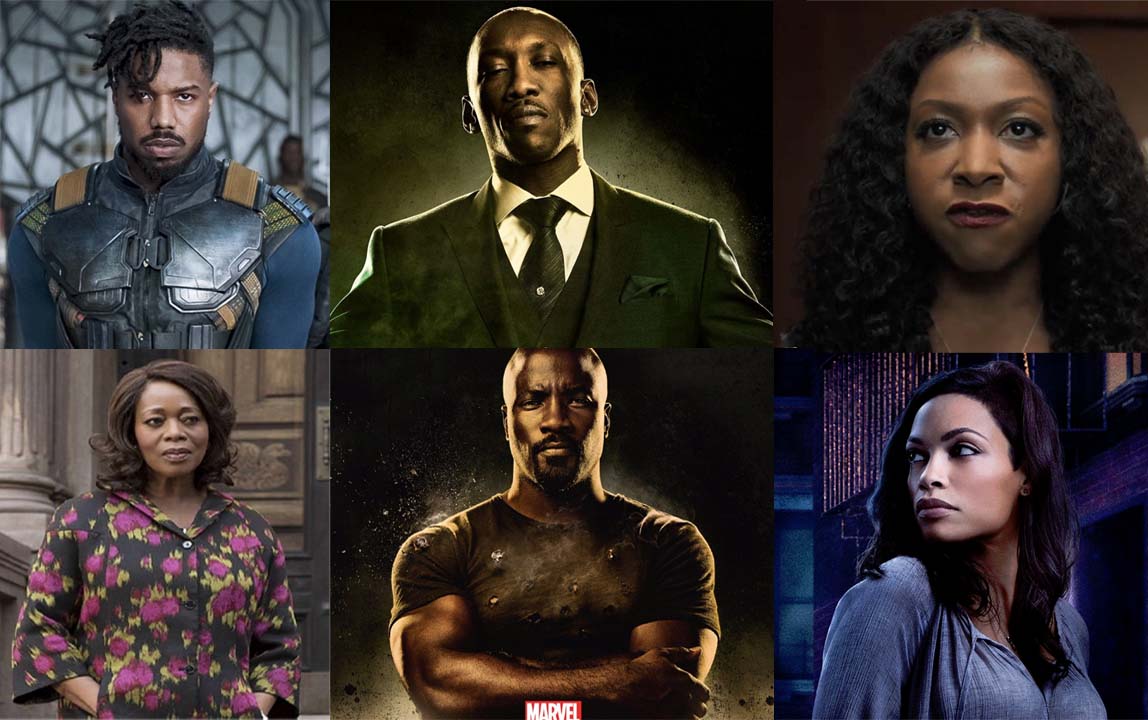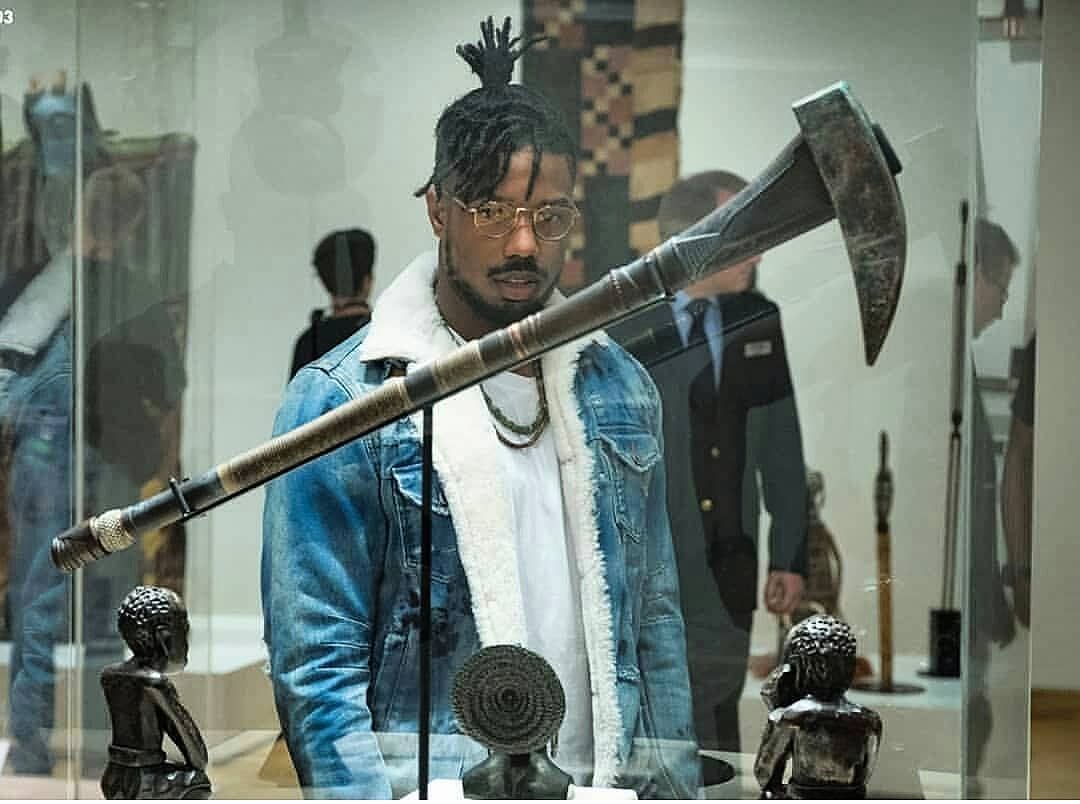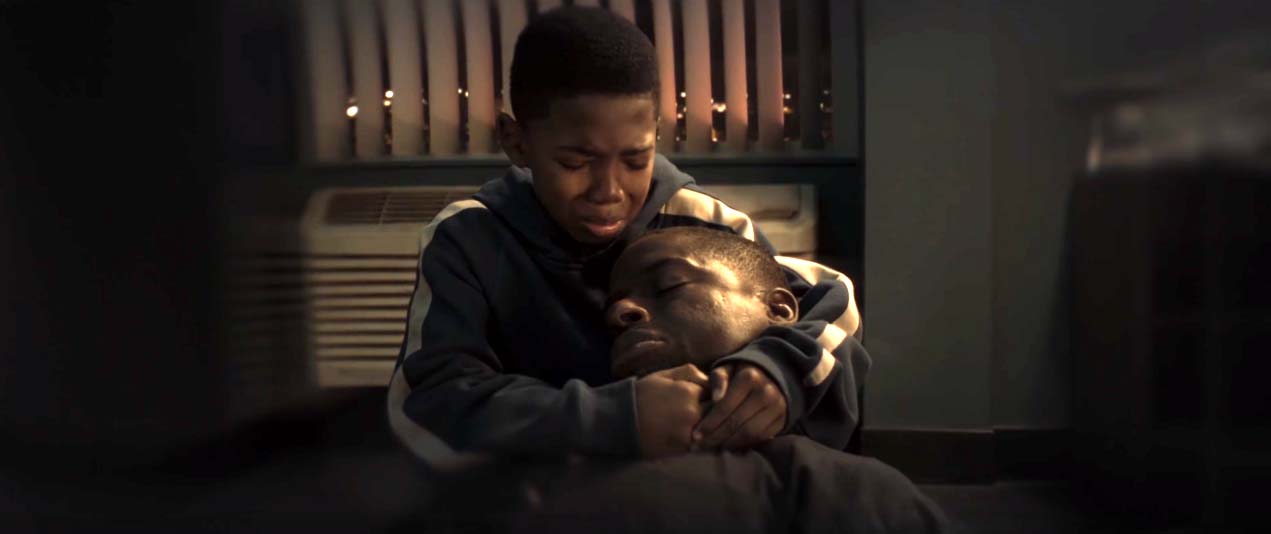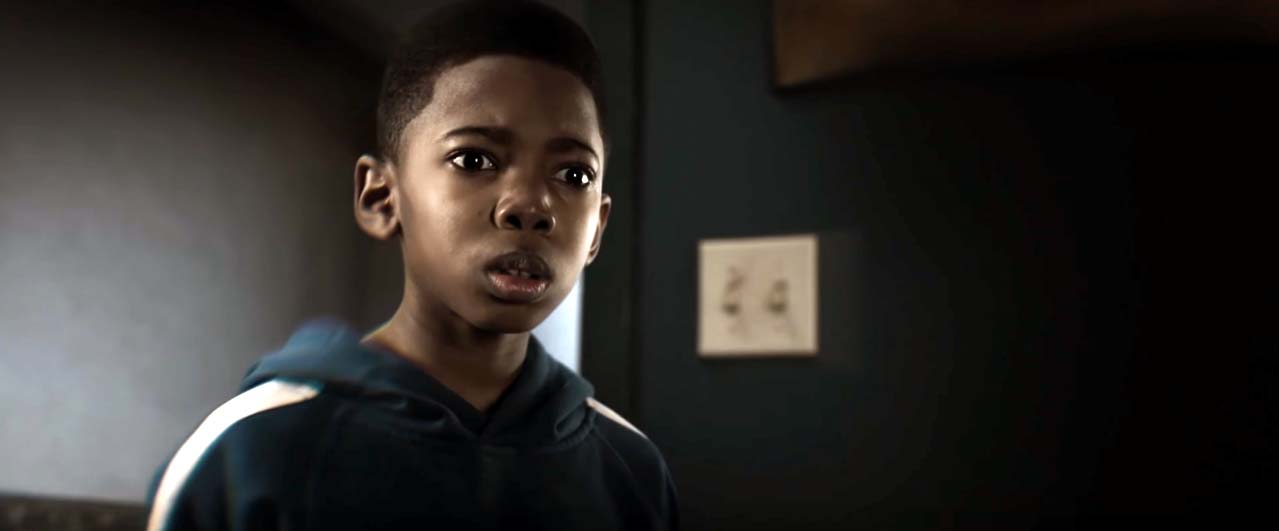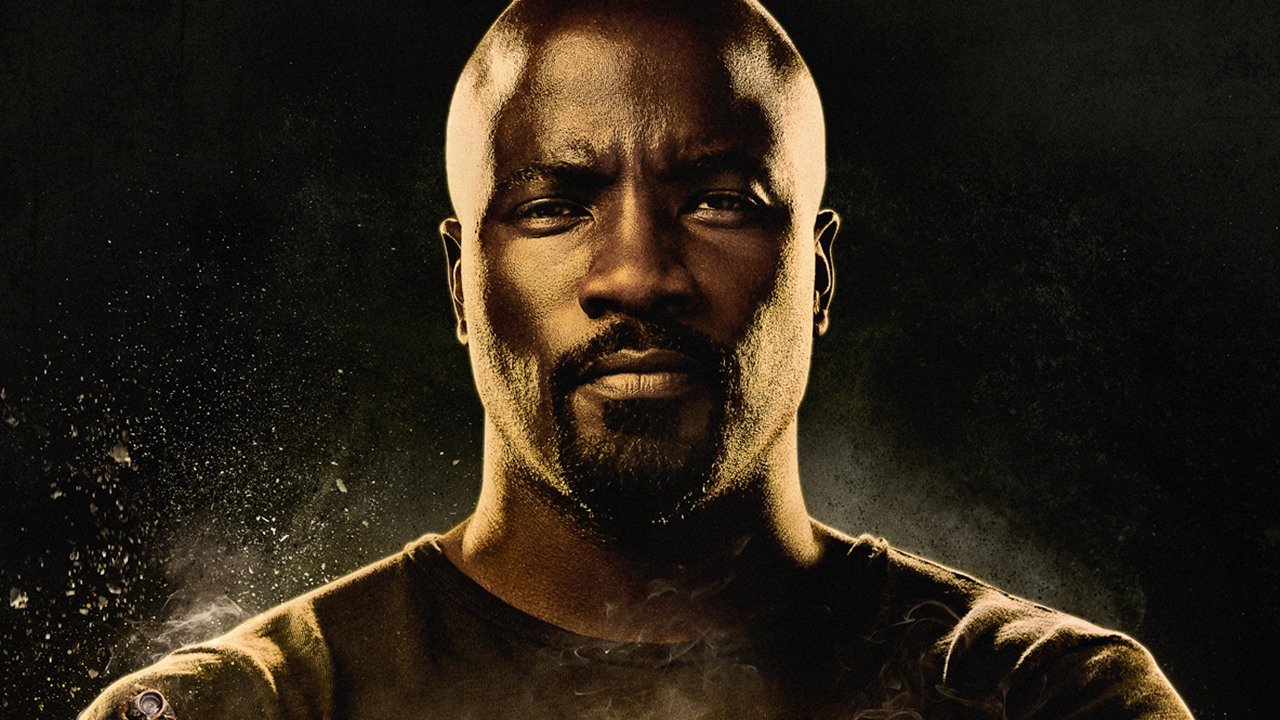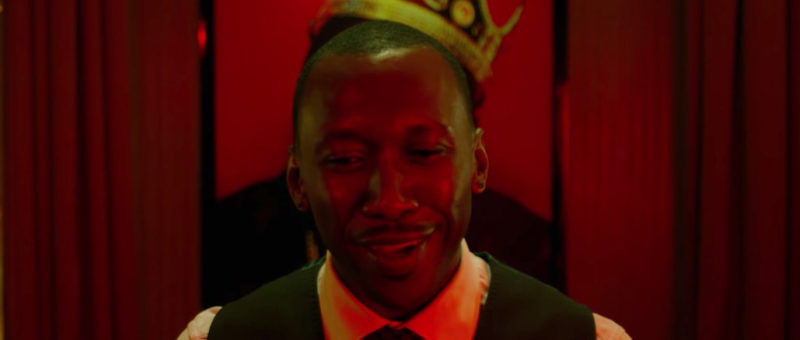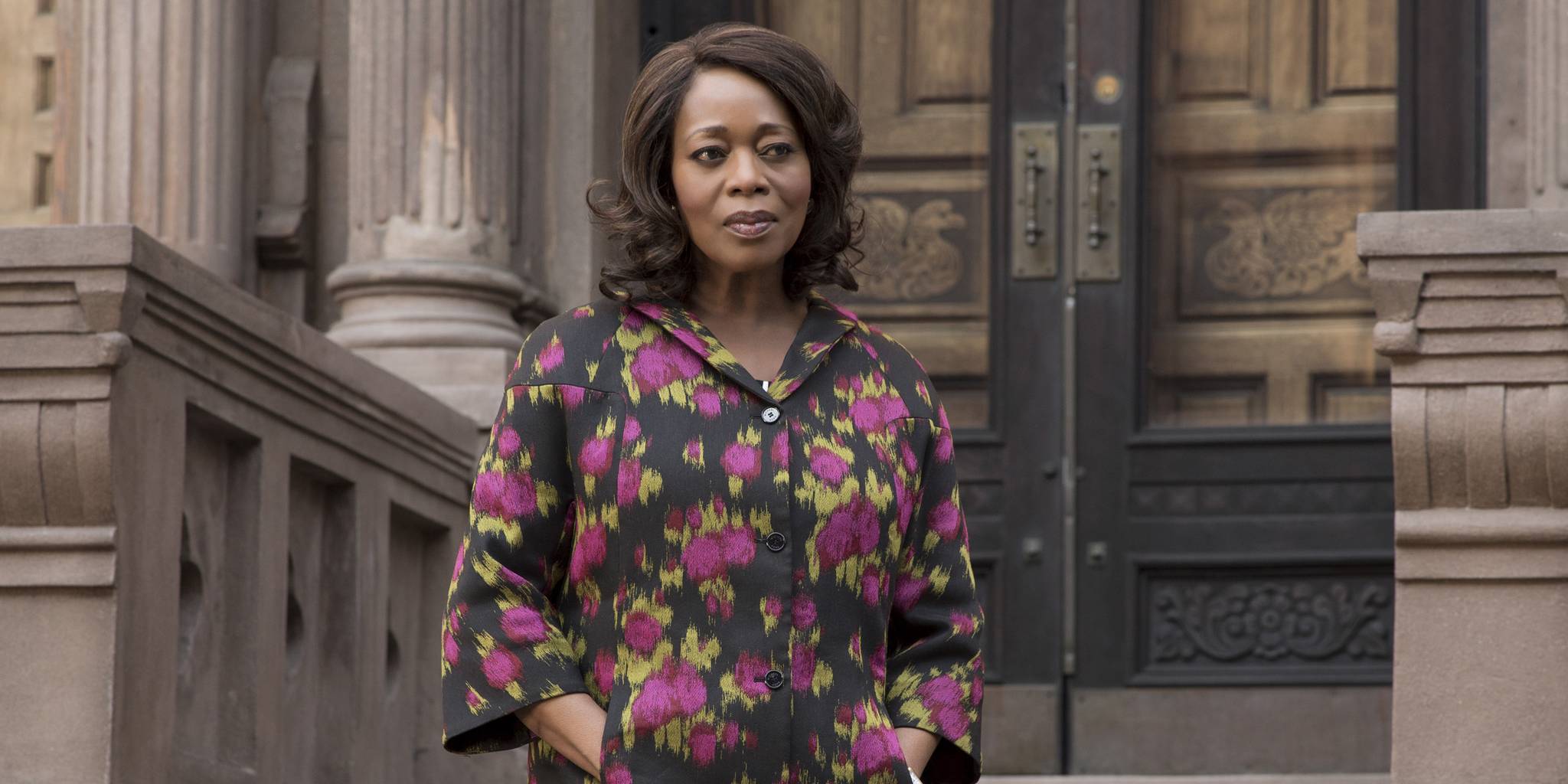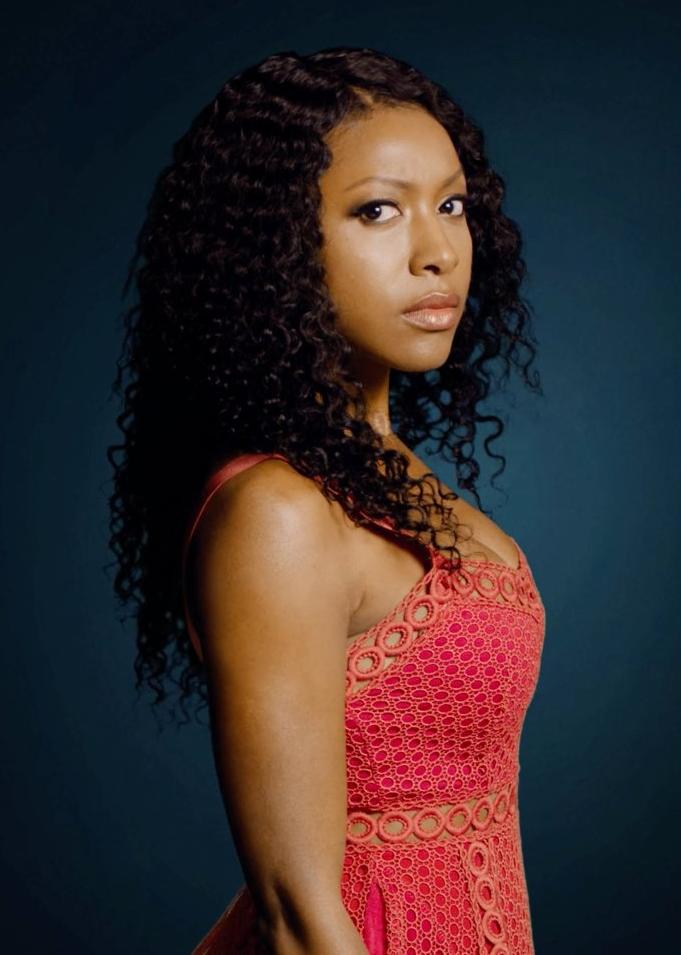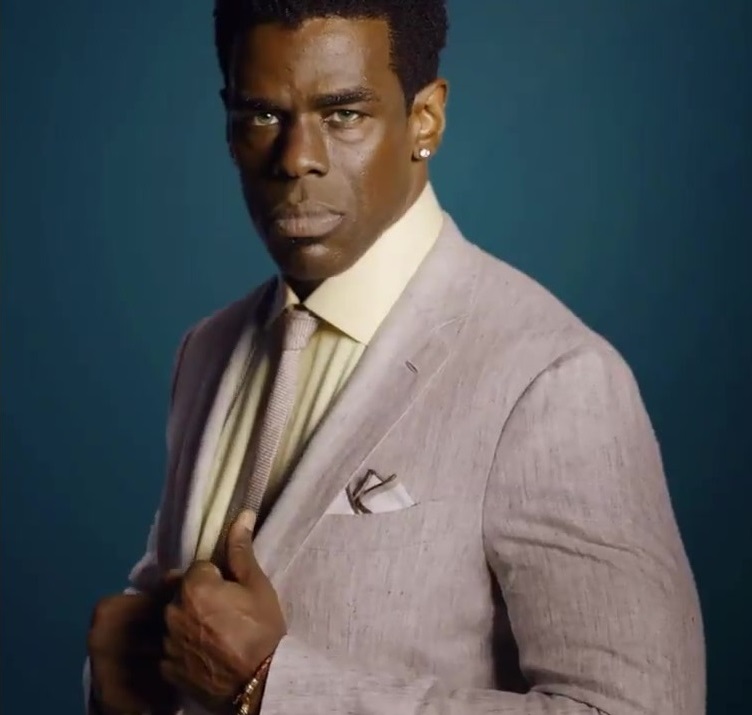The medium of comics has been noted for its attempts to convey themes of acceptance and tolerance. Marvel Comics’ 1963 title, The Uncanny X-Men, was based on these principles with its core mutant characters hated for being different and thus serving as a metaphor for real-life race relations. While the company took those themes further in years to come by having characters of color (Black Panther, Storm, War Machine, et. al.), they didn’t communicate a message that I could relate to as a reader of color. As African American, I observed that while the characters mentioned may have the same color as I do, they lacked any relatable experience in their backgrounds pertaining to race and environment. Enter the Marvel Cinematic Universe.
While the MCU has adapted several of its Black characters for both the big and small screens, they didn’t achieve a breakthrough with it until this past February with the release of Marvel’s Black Panther. Not only was it the first MCU film helmed primarily by Black film industry professionals (from the writer/director to the mostly-Black cast), but I believe its story was universal to all Black Americans of African descent. The adoption of African garb by several Black Americans during the film’s theatrical run notwithstanding, the movie drew in crowds of us, even Black people who don’t even like comic books. The film’s cultural relevance is in its commentary on what it means to be Black within both American and African cultures. Marvel’s Luke Cage was released nearly two years before Black Panther and it’s New York City Harlem setting has been shown as something of a melting pot for the African diaspora. Its recently released second season examined aspects of African American culture such as hip-hop, Black businesses, the preoccupation with money, and the lasting effects of the Slave Community (the result of the treatment that African slaves received from their White American masters and then passed down to their own children).
Is there a certain air of superiority that some Black Africans and Black Americans feel towards one another because of the African diaspora? No question. The Marvel films and their Netflix shows have been tremendous in showing the cultural effects of being disconnected and how residuals of American slavery live on the Black American community. Many of the MCU’s Black characters belonging to the diaspora share a common theme of denying or accepting their Black identities to varying extents. This crisis of identity has its roots traced to European colonialism and extends to our perception of our own skin tones and even our choice of nomenclatures.
Each of the characters I’ll be examining have at least some semblance of an alter-ego, represented by their names. Some have more than two names that they are known by and that reflects a fracturing of their identities. Michael B. Jordan’s primary antagonist character from Black Panther is the first that springs to mind. His character was born and raised in Oakland, CA, the son of an African American woman and an African prince of royal blood. His father, Prince N’Jobu (played by Sterling K. Brown), was born in the African nation of Wakanda. The country was untouched by European colonialism and flourished as a prosperous and highly-advanced nation, much to the ignorance of the rest of the world. The ruling monarchy chose to isolate Wakanda from the rest of the world to protect their resources and posed as a poor third-world country as a cover. However, they trained espionage spies (called “War Dogs”) to be sent out to nations around the world to gather information about them. N’Jobu was one such spy and was sent to Oakland under the guise of being an African-American. He spent at least a decade there, ingratiating himself under deep cover, but became politically radicalized when he witnessed (and most likely experienced) first-hand the plight of Black people in America. Anyway, back to his son…
…he raised the boy in the inner city of Oakland. Though the boy’s legal American name is “Erik Stevens” (it’s unknown if that surname comes from his mother or his father’s cover identity), his proper Wakandan name is “N’Jadaka”. An American through-and-through, his father nonetheless filled him with the knowledge of his African heritage, even giving him a lip tattoo to gain entry into the country one day. He also passed down his new belief system to his son, about how Black people have to fight back more forcefully against racist oppressors. His desire to return to his home country with his son and aid his brethren in the African diaspora never came to pass. One night in 1992, during the time of the Rodney King riots, no less, N’Jobu was confronted in his apartment home by his older brother, T’Chaka, who was then the King of Wakanda and Black Panther. N’Jobu wanted to use Wakandan resources to arm Black people around the world with weapons to fight racist institutions and White supremacy. T’Chaka saw his brother as a criminal and traitor for this and attempted to detain him for return to Wakanda. A scuffle broke out and T’Chaka impaled him, killing N’Jobu. As he departed in a Wakandan jet, Erik was playing basketball outside of the apartment complex with his friends when they all spotted the departing aircraft. Erik recognized it from his father’s stories and ran back into the building, possibly excited to see his Wakandan family that his father always spoke so glowingly about. What he came home to was worse: Finding his father’s dead body. From the Black Panther marks in N’Jobu’s chest, young Erik knew that his father’s family were the cause.
Though proud to be at least half-Wakandan and the son of the prince, he developed a hatred for the royal family as well. His anger is reasonable: Though he never met them, his own family killed his father and abandoned him. And with his mother dying in prison for a crime she didn’t commit, he now had no one. It’s been stated that we Black Americans are cut off from our ancestral country because of slavery. Well, Erik Stevens experienced that through his maternal heritage. But that pain was amplified by the fact that he was cut off directly from his paternal birthright, and the knowledge that T’Chaka knew of his existence, yet chose to leave him behind after committing fratricide. But not just that, but his knowledge that Wakanda could’ve helped him and the African diaspora only served to further enrage him. Any possibility of him becoming N’Jadaka, the strong royal son that his father would’ve liked him to become died along with his father. From then on, he was Erik Stevens, an African-American whose experiences left him as an angry (though highly intelligent) young man. He was neglected by the American system and that of the Wakandan monarchy, and it was deliberate on both parts to maintain their own institutions. As Erik Stevens, he enlisted in the US Army and then furthered his education when he graduated from M.I.T. (with his army training and education all intended to enter Wakanda and take his revenge). He gained a third name after he was recruited into a black-ops unit whose function was to destabilize countries. At this point, he is very skilled in both armed and unarmed hand-to-hand combat and kills without hesitation or remorse. His number of registered kills in battle earned him the nickname “Killmonger”.
When he finally enters Wakanda and the royal court, he renounces the names “Erik Stevens” and “Killmonger” while taunting the current king T’Challa (son of T’Chaka and first cousin to Erik) about his true royal identity. When asked, he proudly stated, “I am N’Jadaka, son of Prince N’Jobu! “. The way he announced his birth name was like a reclamation of his identity as not just of Wakandan royalty, but as an African. Considering his pro-Black stance, I think it’s logical to assume that he probably considered “Erik Stevens” to be his slave name (much as Muhammad Ali did when he renounced his birth name of “Cassius Clay”, but more on that later). But part of that announcement was just a ploy to be granted a challenge to the throne. Killmonger had no respect for Wakandan tradition or human life. Even after successfully(?) becoming the king, he was shown no real respect from his servants. He was feared and hated, not just because of his penchant for killing, but his outsider status as an American-raised royal Wakandan. He speaks with African-American slang, his score in the film is punctuated by a clear hip-hop inflection, and even his variation of the Black Panther costume is gaudy, complete with gold linings which are a nod to the gold chains frequently mentioned in hip-hop lyrics. Also, part of the ritual in becoming the Black Panther is entering the spirit world (which the Wakandans call the Ancestral Plane).
When T’Challa entered the Ancestral Plane earlier in the film, he was met by his father’s spirit and those of the previous Black Panthers with a purple savanna in the backdrop. When Killmonger enters the plane, he has a markedly different experience. He did not grow up in Wakanda, so his representational reality in the Ancestral Plane isn’t a purple African sunset. Rather, it’s the apartment in Oakland where he was raised and where he finds N’Jobu’s spirit, forever marooned in that spiritual apartment due to his brother’s actions. It’s also worth noting that the apartment is a closed-in space with the purple savanna portion of the Ancestral Plane seen from the window, so even in the spiritual world Killmonger is cut off from his African motherland.
The reunion was sad and filled with regret as N’Jobu sees the man his son has become. Also, Killmonger doesn’t enter the apartment as a man draped in white garb (as his father is), but as a man in a blue hoodie, the same one he was wearing the night he found his father’s dead body, showing that it’s a moment in his life that he never moved past. The color blue is thematic for Killmonger, as well. All of his appearances prior to his first battle with T’Challa have him wearing some garment with the color of blue. The color symbolizes the ocean, which is the continental divide between Africa and the diaspora. In the same scene, Erik shifts from his adult form to his child self (and back), wearing the same hoodie when talking with his father. This also represents a shift in his identities: When he shifts back into a child, initially he is N’Jadaka, the young boy curious about his Wakandan heritage but not understanding of why he’ll be forever viewed as an outsider. When N’Jobu asks, “No tears for me? “, the boy’s demeanor shifts. This right here is Erik Stevens, the boy he grew up as. Raised in the poor streets of Oakland where death was such a casual occurrence that he became numb to it. N’Jobu’s expression of regret creates the final shift back into his adult self, this time as Killmonger, a bloodthirsty killer whose perception is just as narrow as the walls of his boyhood apartment home.
The character dies near the end of the film. As it happens, he finally sees the Wakandan sunset that his father told him stories about and marvels at its beauty. But when offered by T’Challa a chance to heal, N’Jadaka is no fool. Having grown up as a Black man in America, he knows that he’d just be incarcerated if given a chance to live. With his dying words, he rejects Wakanda once more (“Nah. Just bury me in the ocean with my ancestors who jumped from ships…because they knew death was better than bondage“) by invoking, quite hypocritically, his maternal heritage as a slave descendant. Impaled with a knife, his final victim as Killmonger is himself, removing the knife from his body and then collapsing dead. Though T’Challa doesn’t appear to honor his cousin’s wishes, he places his dead arms in the gesture of the Wakandan salute. Though culturally American, having him die a Wakandan was metaphorically a step in reconnecting Africa with its diaspora. I know I went on quite much about this character, but his tragic backstory and Mr. Jordan’s on-screen portrayal of him makes him the most compelling. The collective psyche of African Americans is already fragile enough due to the institution of racism in America, but his psyche was shattered into many identities: Who he could’ve been, he who was, and who he became. He is N’Jadaka, Erik Stevens, and Killmonger all at once, never able to reconcile his past and warring internal conflict. I’m not choosing as to whether the character and his goals were right or wrong, but I do believe he was right in his anger at being wronged.
The characters on Marvel’s Luke Cage each struggle with identities within the context of being African American. Unlike Killmonger, some chose their own names despite the ones given to them. The man known as Luke Cage fits that trope first and foremost. Though given a name and identity from the time he was born, it took an unjust prison sentence for him to be reborn. He was born in Savannah, GA as Carl Lucas, the son of a fire and brimstone preacher named James Lucas (played in season two by the late Reg E. Cathey). He excelled in sports during his school years and did some hellraising and joyriding during that period which landed him in hot water. Due to his father’s influence, the judge was persuaded to allow Carl to join the U.S. Marine Corps instead of serving a jail sentence. After completing his tour, he was accepted into the ranks of the Savannah Police Department. But he becomes a statistic himself when he is framed for a crime he didn’t commit and sent to Seagate prison.
While there, his hair and beard become as wild and untamed as his ancestors. But the first thing that truly changes him during that time is parental abandonment. His parents did not believe his innocence and kept their distance. Even the letters which he sent to his father were returned to sender. Being disconnected from his family in that manner was a catalyst in him forging his own identity. The second catalyst was a prison experiment which he volunteered for. The experimental treatment was stated to heal wounds and make American soldiers indestructible, with the possibility of curing HIV and cancer as well. The treatments left Carl with superhuman strength and steel-hard indestructible skin. The experiment also lead to an explosion which Carl used as an escape route from the prison. Though an innocent man, his escape from prison left him a wanted criminal. He ended up in New York City (Harlem, to be exact), but his experience in prison changed him, body and soul. Changing his name to “Luke Cage” was his disavowment of both the name and identity of Carl Lucas. It’s a symbol of forming, not reclaiming, his own identity as a Black man. The act is linked to a historical African-American figure who changed the course of boxing: Muhammad Ali.
He was born Cassius Marcellus Clay in 1942. But when he joined the Nation of Islam in the 1960s, the acclaimed boxer abandoned his birth name altogether, dubbing it his slave name. He was given the Muslim name of “Muhammad Ali”, which he called “…a free name – it means beloved of God, and I insist people use it when people speak to me”. That wasn’t just ego, it was the confidence of a Black man who asserted himself. Ali would take grave offense to being addressed by his former name (the “What’s My Name” fight with Ernie Terrell in 1967 attests to this). Luke Cage had similar issues, becoming highly upset when someone calls him “Carl”. He considers Carl Lucas dead, having died while he was at Seagate. At the end of season two, this linkage to Ali comes full circle when Cage becomes the owner of the Harlem’s Paradise nightclub previously owned by the Stokes crime family. The late Cornell Stokes had a large framed photograph in the nightclub’s office of dead hip-hop artist, the Notorious B.I.G. (aka Biggie Smalls) with a crown on his head. Stokes’ reverence had nothing to do with Biggie, but the crown itself, as it symbolized his perceived royalty. With Cage now the owner, he had the photograph removed and replaced with a large black and white photograph Muhammad Ali in a boxing pose.
The African-American Stokes family has run a criminal organization in Harlem for decades, but its last surviving members went through both seasons of Luke Cage trying to run from the criminal element in their blood. Introduced first was Cornell Stokes (played by Academy Award winner Mahershala Ali). At the beginning of the series, he’s the owner of Harlem’s Paradise, which he inherited from his grandmother, criminal matriarch, Mabel Stokes. He uses the nightclub as a front for his arms-dealings operation. While he has no fear of getting literal blood on his hands, he didn’t start out as a criminal. He has a musical talent for the piano and it’s shown throughout the series. Flashbacks show that Stokes was left by his drug-addled mother in the care of her own mother, Mabel. A gifted piano prodigy during his childhood, Mabel eventually forced him into a life of crime during his teenage years. On her orders, he killed his great-uncle Pete, Mabel’s own brother. The event plagued Cornell’s mind for years as he just murdered the one relative who actually loved him. As he rose to a position as a man of power in Harlem, he struggled to leave his old self behind. He didn’t change his name, but he wanted everyone to know that he was a different person from what they may remember of him. This stems from an embarrassing nickname bestowed upon him in his youth. Losing his teeth in several fights gave him a muffled speech at the time, causing people to mockingly call him “Cottonmouth”. He detests that nickname and reacts rather violently when addressed by it. Even his own gang knows not to call him by that nickname. He wasn’t running from his original identity like Luke Cage did. He keeps his real name up until the point where his character is killed off. Cornell Stokes embraced his family name, but couldn’t divest himself of the forces that shaped him into a violent criminal. Like Killmonger, he had similar aspirations for being considered royal. Killmonger had an AAVE/hip-hop inflection to many aspects of his character, even the score used for his theme as well as his gold-lined Black Panther costume. Cornell Stokes had a large framed photograph of the Notorious B.I.G. in his office. He pointedly explains to one of his victims that he admires the picture because “everybody wanna be the king“.
Mariah Dillard (played by Alfre Woodard) is Cornell’s first cousin and was also raised by Mabel. To the public, she’s a New York City councilwoman with a strong hand. Of all of the Stokes’ family who’ve appeared in the series, it’s Mariah who spent the most time running from her name. She was born into the Stokes criminal lifestyle and is more a part of it then she initially admitted. Despite her charismatic political image, she is a deeply traumatized woman in private. She was raised alongside Cornell by Mabel. But unlike Cornell, she wasn’t necessarily forced to be part of the family business. She was actually sent to college, earned a degree and entered politics afterwards. Supposedly, Mabel needed to groom one of her own to be on the inside of the democratic process. Though she seems more confident and self-assured than her cousin, it becomes clear that she is running. Like Cornell, she also had an embarrassing nickname. During childhood, she was mockingly called “Black Mariah” because of her dark complexion (“They said I look like an African!“, she recalls). The constant teasing gave her a complex about the color of her skin, a hatred for it. Her nickname and her reaction to it are both related to colorism. In the African-American community, that term is defined as the practice of discrimination when those with lighter skin are treated more favorably than those with darker skin. The first time in the series when she is referred to as “Black Mariah” was by Cornell himself, right before she kills him. The first connotation that came to mind at the sound of the nickname was Mariah Carey, a multi-racial pop superstar with a famously light complexion, and thus relating to the colorism theme. She also married a man named Jackson Dillard, in part because it would allow her to distance herself from being a Stokes. And also, because it was a way to cover up her daughter’s paternity.
Mabel’s brother, Pete (great-uncle to Mariah and Cornell), raped Mariah repeatedly during her adolescence. She became pregnant as a result and, because Mabel forbade abortion and adoption, was forced to have the child. Named Matilda “Tilda” Maybelline, the daughter grows up utilizing several surnames throughout the season until coming to terms with her identity after the revelation of her conception. At one point, Tilda (played by Gabrielle Dennis) was under the impression that Jackson Dillard was her biological father and even assumes that one of the reasons her mother married him was because he had desired Creole features. Mariah’s fall from grace as a politician made her proudly embrace her status as a Stokes and the criminal lifestyle that came with it. She killed impulsively and without remorse. She coldly revealed to Tilda her true paternity at the time. Mind you, Tilda was raised by the Stokes’ relatives, the Johnsons. Being raised outside of the Stokes’ household prevented her from gaining her familial predilection for crime. She becomes a medical doctor running a holistic medicine store in Harlem. With her relationship with her mother further strained, she aids Cage and season two’s secondary villain, Bushmaster. Though her mother derides her as a “snake oil saleswoman”, Tilda is actually a gifted chemist. It’s a skill she uses to put the nail in her mother’s coffin at the season’s conclusion. With the public now aware that Mariah is a ruthless killer, Tilda visits her mother and fatally poisons her with a literal kiss of death. Afterwards, Tilda sheds the name of the man she believed to be her father but refuses to adopt the Stokes name as well. The name of the relatives who raised her is what she takes for herself, now calling herself “Tilda Johnson”. It could be argued that she merely traded one slave name for the other, but at its heart, it was the start of her forming her own Black identity. But what truly brings that identity to the forefront is her being disinherited from the Stokes’ legacy. Mariah’s last will & testament left ownership of Harlem’s Paradise to Luke Cage, and not Tilda. Though Tilda disavowed the Stokes name, she was clearly furious to learn that her mother had cut her off. The last we see of Tilda is as a patron of Harlem’s Paradise, but her appearance is much different than what we’ve gotten used to. Her long curly hair has been done up to resemble her comic counterpart’s signature afro puffs. While this is clearly meant to signal her transition into to become Dr. Nightshade, an antagonist for season 3, it’s also an indication that she may not be so different than the family whose name and lifestyle she has renounced.
John McIver (played by Mustafa Shakir) is the secondary villain of season two. He is the only Black character in this analysis who isn’t of Africa’s American diaspora. He’s a Jamaican crime lord whose grudge against the Stokes family is what makes him a sympathetic villain in tnearly the same vein as Killmonger. During his childhood, his family made the mistake of doing business with the Stokes family. They helped the Stokes build Harlem’s Paradise and created their own liquor called “Bushmaster”. However, Mama Mabel reneged on her end of the deal and wanted to cut the McIvers out completely. The fact that Mabel’s descendants, particularly Mariah Dillard, casually throw slurs on the Jamaicans and mock their culture testifies to the African diaspora having conflicting factions among countries, not just in America. Mabel had John’s family murdered, sending him on a quest for vengeance and reclamation of Harlem, which he considers his birthright. He parallels Killmonger in that a family (in Killmonger’s case, his own family) robbed him of something that he had a right to. He reclaimed the Bushmaster name as his own nom-de-guerre, while insisting that “Stokes” is the true surname of Mariah Dillard. He is to the point of dangerously obsessive with having her inextricably connected to her maiden name, as if any other mindset about it would throw him off his vengeful course. His backstory gains some empathy from Luke Cage and most notably from Tilda, who provides him with the Nightshade herb that gives him enhanced strength and durability. McIver proudly wears the name Bushmaster if only for the fact that it has his family’s blood on it, a name that represents a two-fold meaning: His reclamation of identity within the diaspora and a reptilian connotation. A Bushmaster is a poisonous snake, other characters in the series have poison snake aliases as well (Cottonmouth and Diamondback). As cliched as it sounds, “Black Mamba” might be Tilda Johnson’s alias (instead of Dr. Nightshade) if she emerges as the villain in season three.
Marvel’s Luke Cage and Marvel’s eBlack Panther have been the only Marvel TV series and film, respectively, geared towards an African American audience. In reference to the aforementioned theme of colorism, I noticed that there were no light-skinned Blacks in BP, and very few in Luke Cage, though Rosario Dawson’s Claire Temple is of a slightly lighter complexion than the other characters and shares Ms. Dawson’s Afro-Cuban background. Though the MCU has had other major Black characters like the Falcon, War Machine, and Nick Fury, none of them have been portrayed in a racial sense or come laced with social commentary (although the Falcon’s OJ Simpson joke in Captain America: Civil War might qualify). Each character examined here has come to be established by a need for self-definition, which started with adopting a new name and then allowing their actions to follow. The knowledge of self for each of these characters was a see-saw of either denial or acceptance of Black identity within the African diaspora. To interpolate the epigraph from season one of the HBO series The Wire:
It’s all in the name, yo.

